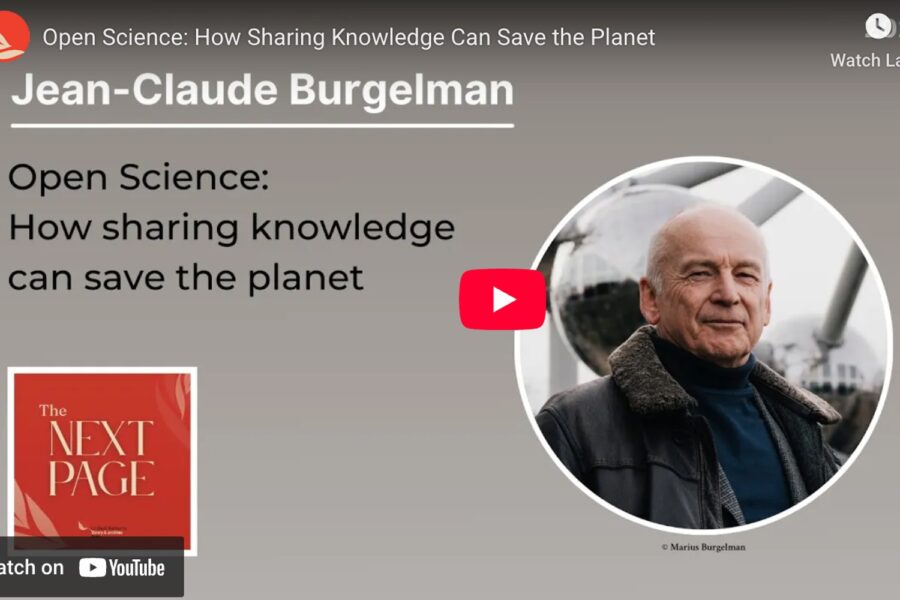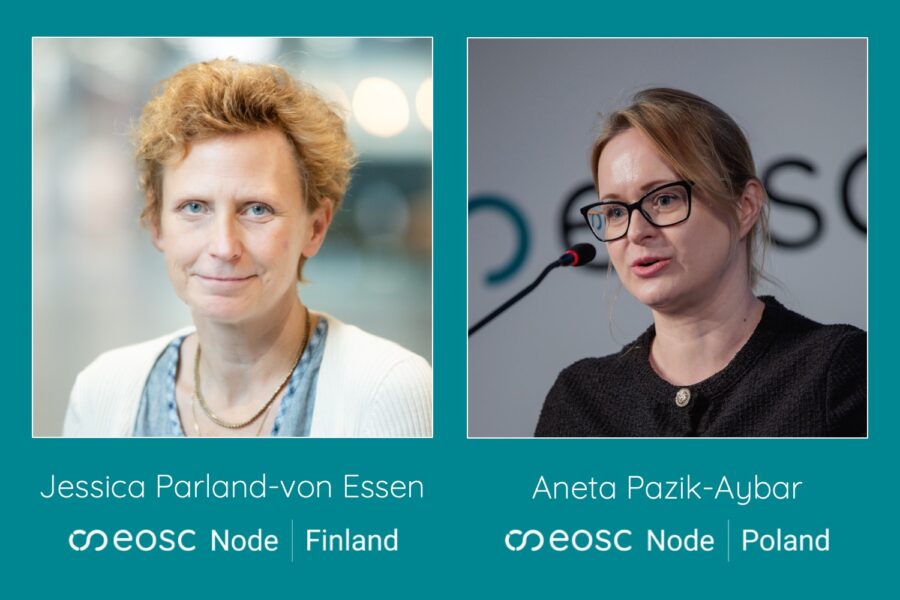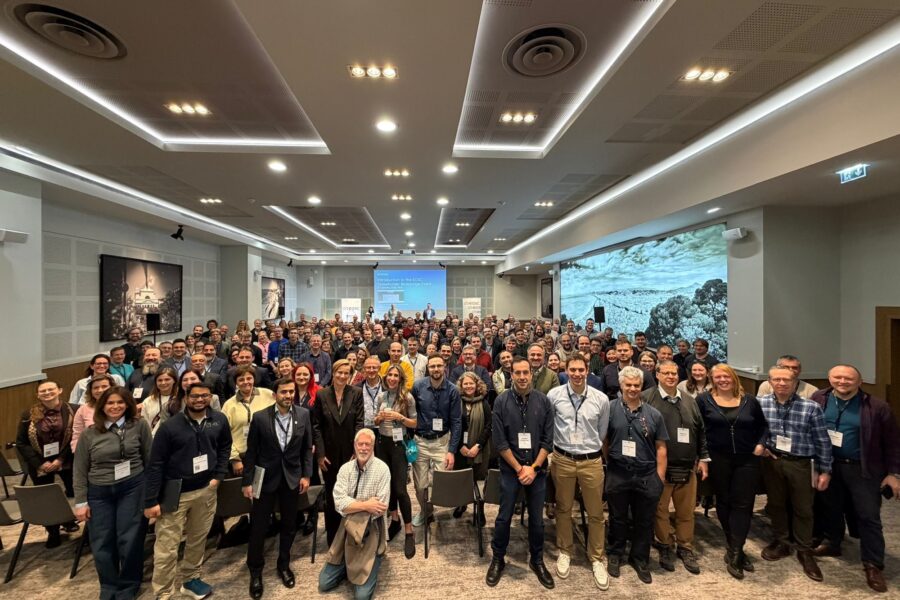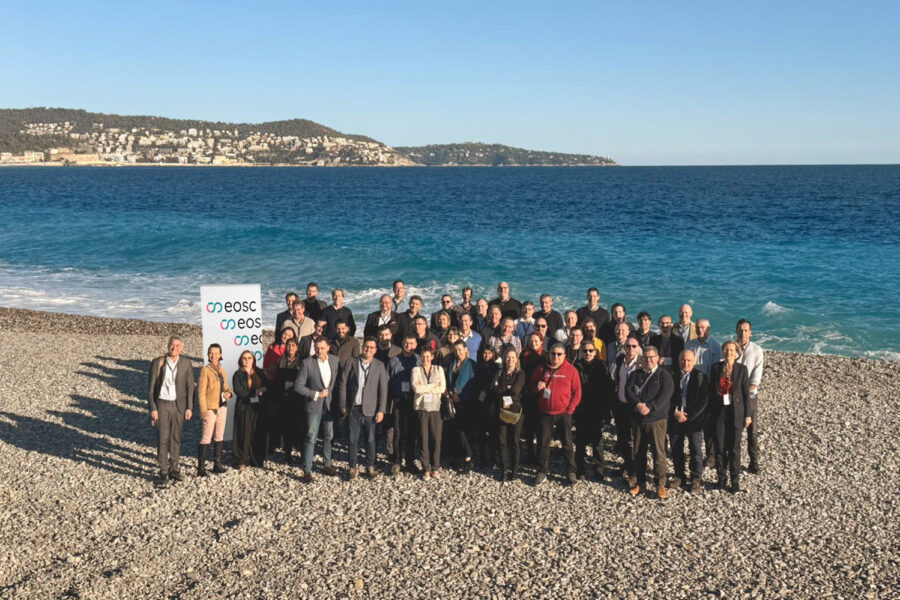
MADRID—Last Tuesday, 28 November, the Spanish Ministry of Science and Innovation hosted the second EOSC European Tripartite Event of 2023, and the fourth overall. The half-day meeting, which included the European Commission (DG RTD and DG CNECT), the EOSC Association (EOSC-A) and the EOSC Steering Board (EOSC-SB), was fully dedicated to the ongoing discussions concerning the proposed EOSC governance and financing models post-2027.
The meeting was opened by the host, Raquel Yotti Álvarez, General Secretary of Research at the Spanish Ministry for Science and Innovation, who described how EOSC is, “at a critical point. It is time for the countries to focus all of their energies into understanding how to strategically move forward.”
Anna Panagopoulou, Director of ERA & Innovation at the Research and Innovation Directorate General of the European Commission, chaired the event on behalf of the EC. In her opening remarks, Panagopoulou echoed Yotti Álvarez’s words, stressing the importance of understanding the implications of the current decisions for the future of EOSC. EOSC-A President Karel Luyben and EOSC-SB Chair Volker Beckmann, representing the other two parties in the tripartite collaboration, also addressed the gathering.
EOSC Procurement results
Stefan Hanslik, the Austrian representative in the EOSC-SB, gave a brief report on the October EOSC Lustrum event in Vienna, which celebrated five years since the launch of the EOSC initiative. Gustav Kalbe, Acting Director for the Digital Excellence and Science Infrastructure Unit at DG CNECT, and Peter Szegedi, Programme Officer at DG CNECT, next presented the results of the Managed services for the EOSC Platform procurement. A meeting with the winners of the procurement will be organized in Luxemburg in December to discuss the next steps.
The EOSC-A board and the EOSC-SB national delegates congratulated DG CNECT for the awarding of the procurement, which represents a major step forward in the implementation of EOSC. The discussion around the procurement highlighted the following questions:

- Who are the expected users of the procured services? Mechanisms need to be put in place to ensure that the EU Node complements national and thematic resources rather than providing a duplication of existing resources.
- Who is overseeing the quality of the provided services? Aside from the contractual obligations, broader questions concerning the quality of the services delivered and an assessment of demand, need to be answered.
EOSC post-2027
The focus of the meeting then moved to the main point of discussion: the proposed governance and financing models for EOSC post-2027. In the past months, eight designated “champions” from the Tripartite collaboration drafted the document, EOSC operations and evolution post-2027, which describes in detail seven potential options for governance post-2027. The document, which remains confidential, was shared in October 2023 with EOSC-SB delegates so that the national governments could begin to formulate their preferences relative to the seven options.
During the meeting, which was held in a roundtable format, the three actors in the Tripartite, were in turn called to express their initial preference on the model to be adopted after 2027.
The primary outcome of the meeting was the decision to reduce the number of potential options to be further investigated from seven to three. These three can be briefly described as:
- An EU Article 187 Joint Undertaking, integrating all aspects of EOSC under a single governance and funding umbrella;
- A co-programmed or co-funded EU partnership that would divide the specific responsibilities for the operations and maintenance of EOSC (entrusted to an external entity) from the policy-side tasks related to the development of European Open Science generally, combined with those tasks directed towards EOSC’s further technical development (entrusted to the Partnership); and
- An external legal entity with an entrusted EC budget that would take responsibility for the operations, maintenance and further development of EOSC, but would leave the wider Open Science related tasks to a dedicated EU Open Science programme.
The second and third options are described as “hybrid” models, since they divide specific responsibilities between two separate parties. They differ in both their division of responsibilities and the type of legal entity proposed. The latter hybrid proposal, which is based on the GÉANT governance and financing model, was formulated by the EOSC Association and put forth earlier this year as its preferred option.
The early months of 2024 will be used to gain a deeper knowledge of the potential models and to continue consultations with respective stakeholders across the tripartite collaboration.
The 5th EOSC European Tripartite Event will take place in Brussels on 16 April 2024, under the Belgian Presidency of the Council of the EU.



